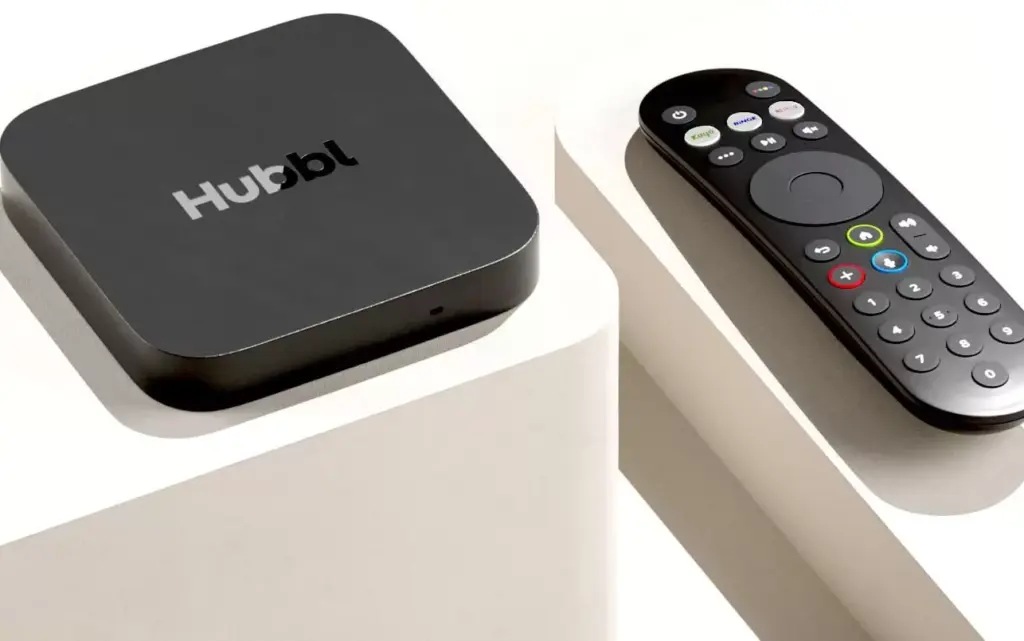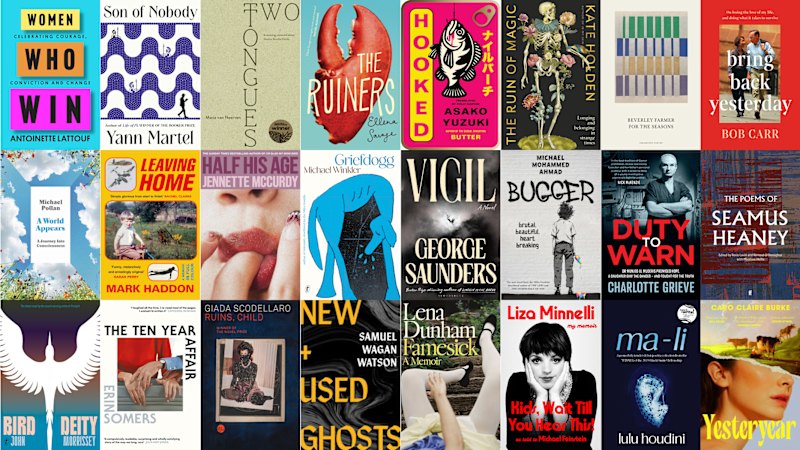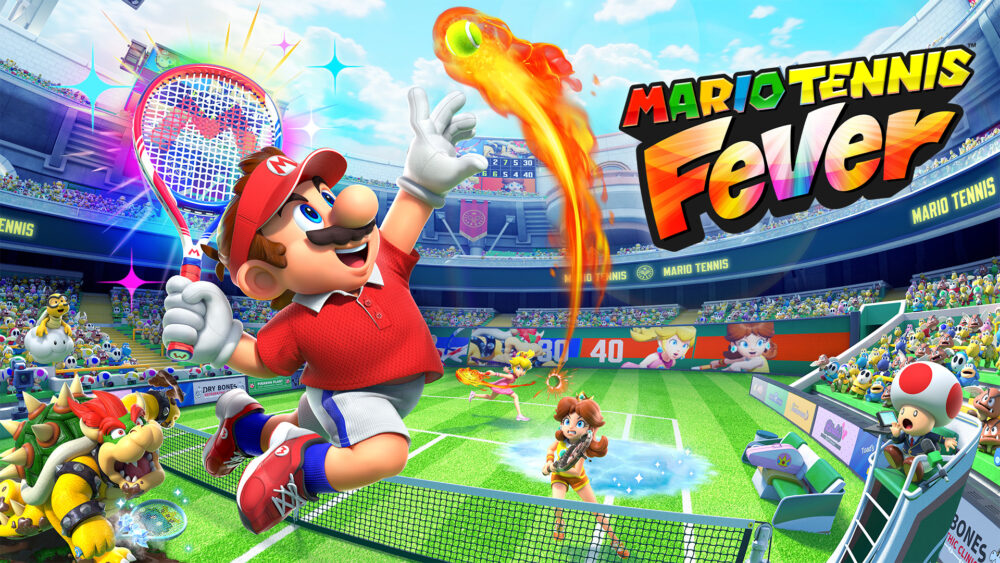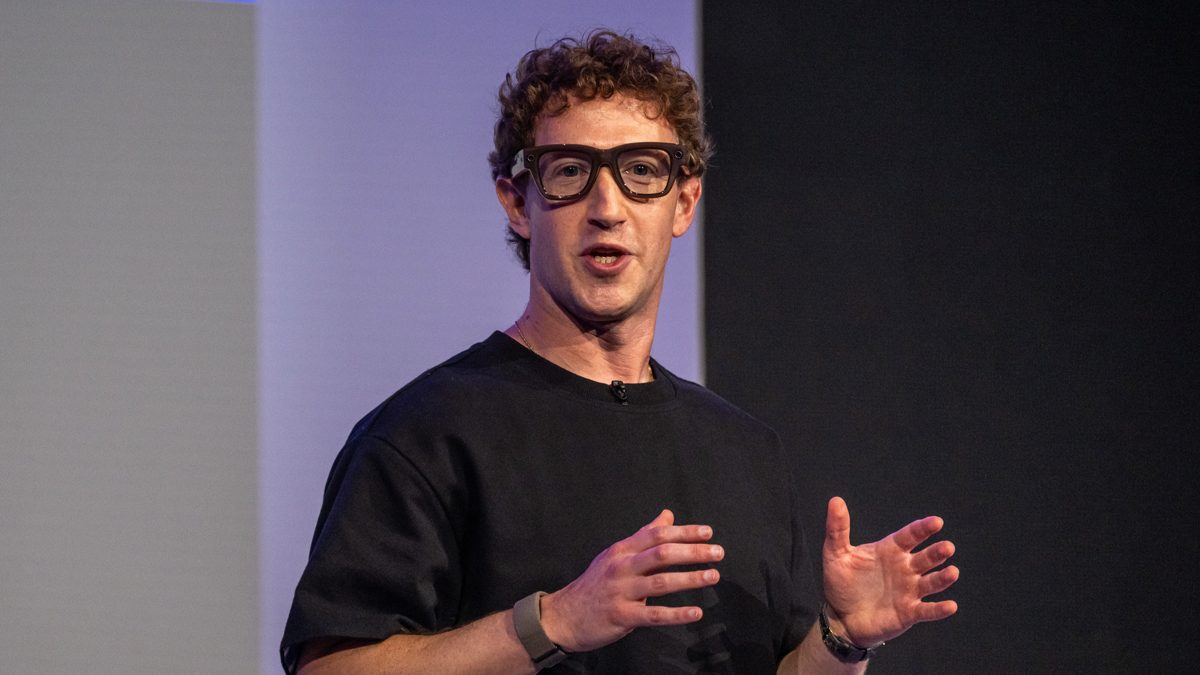
Foxtel has announced it is winding down its Hubbl streaming device, a move that marks a significant retreat from its hardware ambitions. The decision comes just 18 months after the much-publicized launch of the device, which was intended to consolidate multiple streaming services like Netflix, Disney+, and Kayo Sports into a single platform.
Chief Executive Patrick Delany confirmed the transition to a “maintenance mode” for Hubbl, indicating that while existing customers will continue to receive technical support, the device will no longer be marketed or actively developed. Delany did not guarantee the platform’s survival beyond the next year, signaling a potential end to the product’s lifecycle.
The Rise and Fall of Hubbl
Launched in March 2024, Hubbl was heralded as Foxtel’s flagship innovation. It was developed in collaboration with Sky UK, a subsidiary of News Corp, and utilized technology similar to Sky Stream in the UK. The $99 puck-style device, alongside a television version known as Hubbl Glass, aimed to streamline the viewing experience by integrating various streaming subscriptions into one user-friendly interface.
Despite initial optimism and the sale of over 100,000 units, the device struggled to capture a significant market share. Some within the company even nicknamed it “Rubbl,” highlighting its limited impact on Foxtel’s broader business strategy.
Strategic Shifts and Financial Implications
The decision to phase out Hubbl aligns with a broader strategic shift following Foxtel’s acquisition by DAZN, a London-based sports streaming company, in a $3.4 billion deal. One of DAZN’s first actions was to reassess the viability of Hubbl, ultimately deciding to reduce investment and focus away from hardware development.
Industry sources estimate that between $100 million and $200 million was invested in the Hubbl project, covering development, marketing, and rollout costs. News Corp filings revealed a substantial financial commitment, with at least $US62 million ($98 million) spent in the 18 months surrounding its launch.
“While Foxtel has insisted the Hubbl brand will be ‘maintained,’ industry observers expect the physical puck and television products to disappear, with any remaining presence limited to software services such as subscription bundling.”
Impact on Foxtel’s Workforce and Future Plans
The winding down of Hubbl is part of a larger trend within Foxtel to move away from hardware. The company has decided not to invest in new set-top boxes for its traditional pay-TV service, opting instead to refurbish or phase out existing models like the iQ4 and iQ5.
This strategic shift has also led to workforce reductions. In April, Foxtel announced over 100 job cuts, including approximately 35 positions from the Hubbl product team. A spokesperson for Foxtel acknowledged these changes as part of the company’s broader realignment under DAZN’s ownership.
Looking Ahead: Foxtel’s Evolving Strategy
As Foxtel continues to adapt to the rapidly changing media landscape, its focus appears to be shifting towards enhancing its core streaming services and content offerings. The company is expected to leverage DAZN’s expertise in sports streaming to bolster its position in this competitive sector.
While the Hubbl brand may persist in some form, its physical products are likely to vanish, marking the end of an ambitious but ultimately unfulfilled chapter in Foxtel’s history. The move underscores the challenges traditional media companies face as they navigate the evolving demands of digital consumers.







